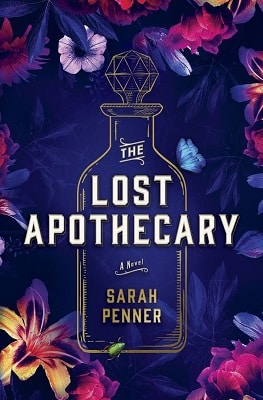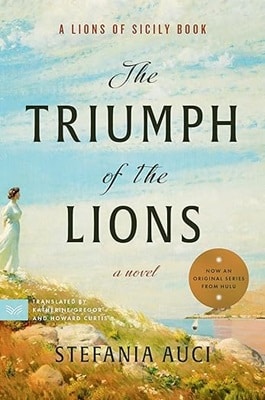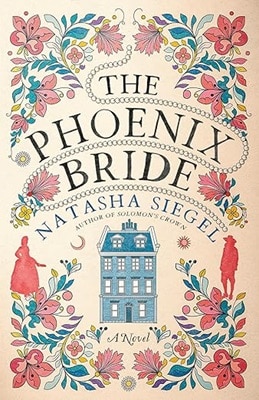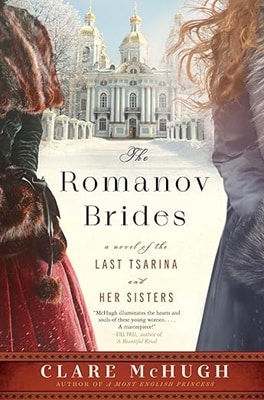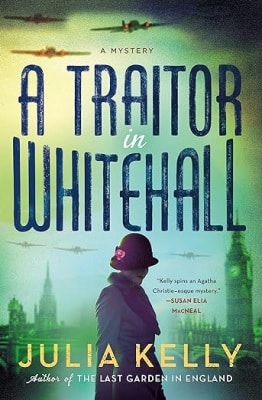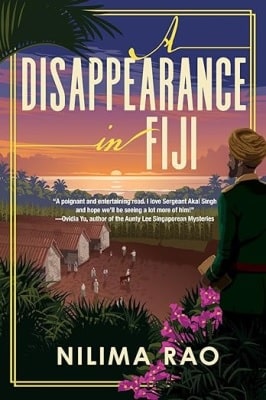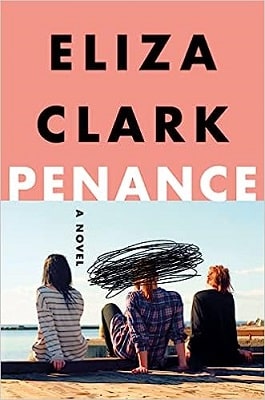Book Review
The Lost Apothecary
Sarah Penner
Murder by poisoning throughout England in the eighteenth and nineteenth centuries was carried mostly by women. “The largest population of accused poisoners consisted of mothers, wives, and female servants… Motives ranged widely: grudges against employers, the removal of inconvenient spouses or lovers, death benefits…”
London, 1791. Nella is an owner of an apothecary. Her mother started the shop for women’s maladies (as similar help provided by men is hardly helpful to women). She never intends to stain her mother’s shop’s legacy, but an event in her life propels her to make certain remedies—deadly ones.
Eliza’s family are farmers. At her mother’s insistence, she travels to London where in search of a life beyond fields and pasture. Eliza starts her work first in the scullery. Two months later, she learns how to write, as her mistress’ hands are shaky. “She cannot write much of anything anymore.” And once Eliza experiences her master’s unwelcome touch, her mistress sends her on an errand to Nella.
Present day London. Caroline, an aspiring historian, learns about mudlarking. As it turns out, the river Thames holds “little remnants of history, all the way back to the Roman era,” including coins, rings, pottery and such. She finds a vial with a little animal etched onto it—something like an apothecary vial, but it’s missing a logo. Her background in history and a feeling of unfulfilled life prompts her to explore her curiosity.
What interested me in Caroline’s story was her attempting things she missed out on by marrying and settling too early. She’s an interesting character. However, her trying to solve the mystery that happened two hundred years earlier brings some repetition as we learn about those events when story goes back in time. I felt a much stronger connection with the past story and that’s where I think the strength of this novel lies.
Nella is the star. Her knowledge of herbs and making different tinctures with caution (as small dose of one plant can be beneficial, but too much can be deadly) creates a mystery in itself.
Overall, the dual timeline with three POVs are seamlessly woven with suspense carried from one perspective to another. With crisp prose the story is engrossing and propulsive. You can also see and feel the darker and mysterious atmosphere added by the place’s narrow alleyways. If you don’t know the area, it seems as you can easily get lost there.
More Historical Suspense
Advertisement

